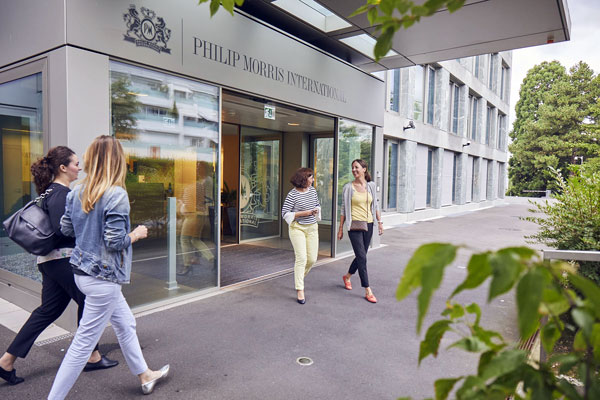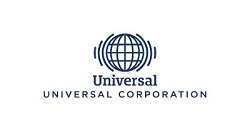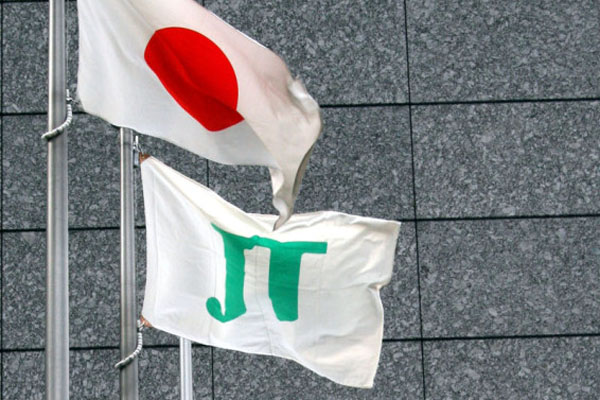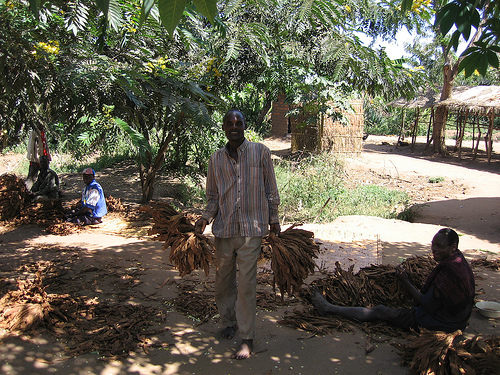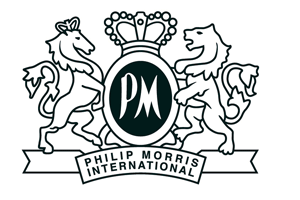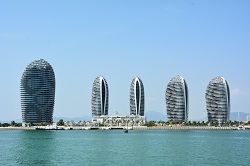A one-day workshop on heated-tobacco products is due to be hosted by CORESTA (Co-operation Centre for Scientific Research Relative to Tobacco) in Paris, France, on March 26.
The workshop will discuss a range of issues related to these products and set up a road map for further CORESTA activities in this area.
A press note announcing the workshop said the interest in new nicotine delivery products had increased significantly during the past decade.
‘Recently, among these products, those using heated-tobacco technologies have come to the forefront of discussions within the scientific, health and regulatory communities,’ the note said. ‘Studies have been published, but there are still different scientific opinions, based on different approaches. Therefore, further work remains to be conducted to provide better understanding of all issues, and robust data produced to assist to make science-based decisions in terms of devices, components and product use patterns.
‘Regarding heated-tobacco products (HTP), also known as tobacco-heated, heat-not-burn or non-combusted tobacco products, an interest from many CORESTA members and non-members is growing to embrace these new alternatives to conventional cigarettes. This is why CORESTA, six years after a similar situation with electronic cigarettes, which eventually led to the first vaping industry international standard, considered that it should capitalize on its global scientific expertise in helping with the understanding and characterization of these products, in co-operation with all interested and relevant stakeholders.
‘After an open-discussion held on the topic during the CORESTA Congress in Kunming, China, October 2018, a one-day workshop will be convened on March 26, 2019, in Paris, France, to discuss a range of issues related to these products and to set up a road map for further CORESTA activities in this regard.’
Registration is open to all interested parties.
More information is available on the CORESTA website.


